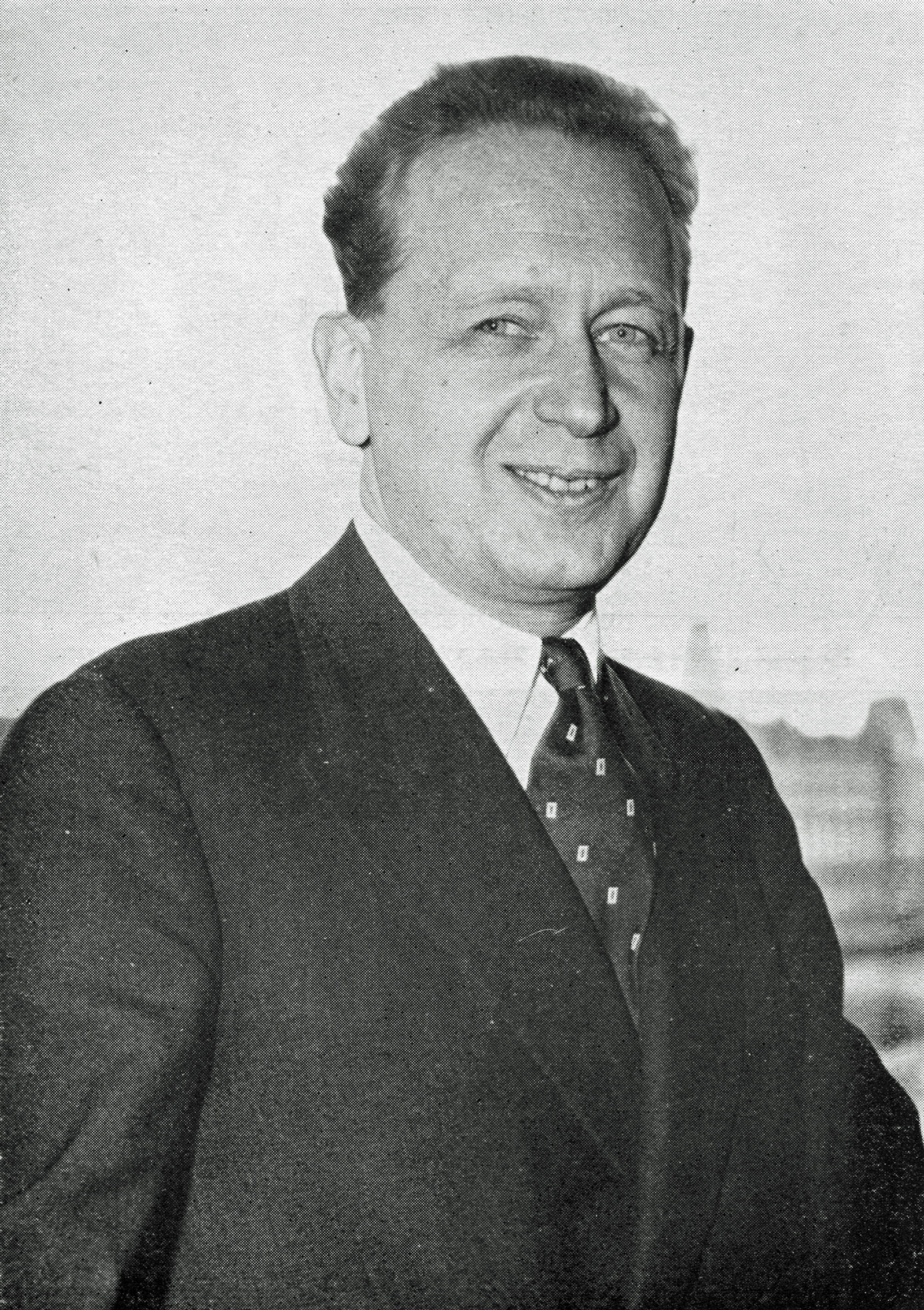“Por todo lo que ha sido - Gracias. Por todo lo que sea - Sí.”
Markings (1964)
Variante: «Por todo lo que ha sido - gracias. Por todo lo que será - sí».
Dag Hammarskjöld fue secretario general de la Organización de las Naciones Unidas entre abril de 1953 y el 18 de septiembre de 1961, momento en que falleció al estrellarse el avión en el que viaja para mediar en el conflicto de Katanga en el Zaire o Congo Belga. Existen indicios de que el aparato de Hammarskjöld no sufrió un accidente, sino que fue derribado. Semanas después, el diplomático y funcionario internacional recibió a título póstumo el Premio Nobel de la Paz de 1961. Wikipedia

“Por todo lo que ha sido - Gracias. Por todo lo que sea - Sí.”
Markings (1964)
Variante: «Por todo lo que ha sido - gracias. Por todo lo que será - sí».
“El viaje más largo es el viaje interior.”
Fuente: Dag Hammarskjold: Markings. Faber and Faber, Londres 1964
Fuente: Citado en The Times [Londres] (27 de junio de 1955)
Fuente: Discurso a la Academia Sueca (20 de diciembre 1954).
Fuente: Comunicado de prensa de la ONU SG/360 (22 de diciembre de 1953).
Markings (1964)
“Cuanto más fielmente escuchas las voces dentro de ti, mejor oyes lo que está sonando fuera.”
Fuente: Citado en Sacred Seasonings (2003) de Sherri Purdom
Fuente: Citado en Living in Grace: The Shift to Spiritual Perception (2002) de Beca Lewis, pág. 158
“Los retrocesos al tratar de conquistar un ideal no demuestran que el ideal tenga defectos.”
Fuente: Citado por Rolf Edberg, Embajador de Suecia en Noruega, al aceptar el Premio Nobel de la Paz en nombre de Hammarskjöld en Oslo, Noruega (10 de diciembre de 1961)
Sobre Nikita Khrushchev.
Fuente: Citado en The Times [de Londres] (4 de octubre de 1960)
“Intentar salvar a un náufrago sin autorización previa.”
Fuente: Declaración ante la Asamblea General sobre las Operaciones de las Naciones Unidas en el Congo, 17 de octubre de 1960
“Yo nunca discuto las discusiones.”
Fuente: Declaración tras unas conversaciones diplomáticas, citado en Look (19 de septiembre de 1956)
Fuente: Citado en informes de prensa (18 de marzo de 1956) y en Simpson's Contemporary Quotations (1988) de James Beasley Simpson
Fuente: Boletín de las Naciones Unidas, Vol. XVI, Nº 4 (15 de febrero de 1954).
As quoted in Know Your Limits — Then Ignore Them (2000) by John Mason
On Nikita Kruschev, in a letter to a friend, as quoted in Hammarskjöld (1972) by Brian Urquhart
As quoted in Sacred Seasonings (2003) by Sherri Purdom
Address to the Swedish Academy (20 December 1954)
As quoted in As I Journey On : Meditations for Those Facing Death (2000) by Sharon Dardis and Cindy Rogers
“Creative people have to be fed from the divine source.”
Johnny Cash, in an interview for The Academy of Achievement (25 June 1993) http://www.achievement.org/autodoc/page/cas0int-3
Misattributed
Servant of Peace : A Selection of the Speeches and Statements of Dag Hammarskjöld, Secretary General of the United Nations (1962), p. 107; this has sometimes been paraphrased: It is in playing safe that we create a world of utmost insecurity.
“Constant attention by a good nurse may be just as important as a major operation by a surgeon.”
As quoted in news reports (18 March 1956) and Simpson's Contemporary Quotations (1988) by James Beasley Simpson
As quoted in Living in Grace : The Shift to Spiritual Perception (2002) by Beca Lewis, p. 158
In a letter to a friend, as quoted in Hammarskjöld (1972) by Brian Urquhart
Markings (1964)
“You try to save a drowning man without prior authorization.”
Statement on UN Operations in Congo before the General Assembly, 17 October 1960.
“The more we do, the more we can do; the more busy we are, the more leisure we have.”
William Hazlitt, in The Spirit of the Age (1825)
Misattributed
"An International Administrative Service", From an Address to the International Law Association at McGill University, Montreal, 30 May, 1956. Wilder Foote (Ed.), The Servant of Peace, A Selection of the Speeches and Statements of Dag Hammarskjöld, The Bodley Head, London 1962, p. 116.